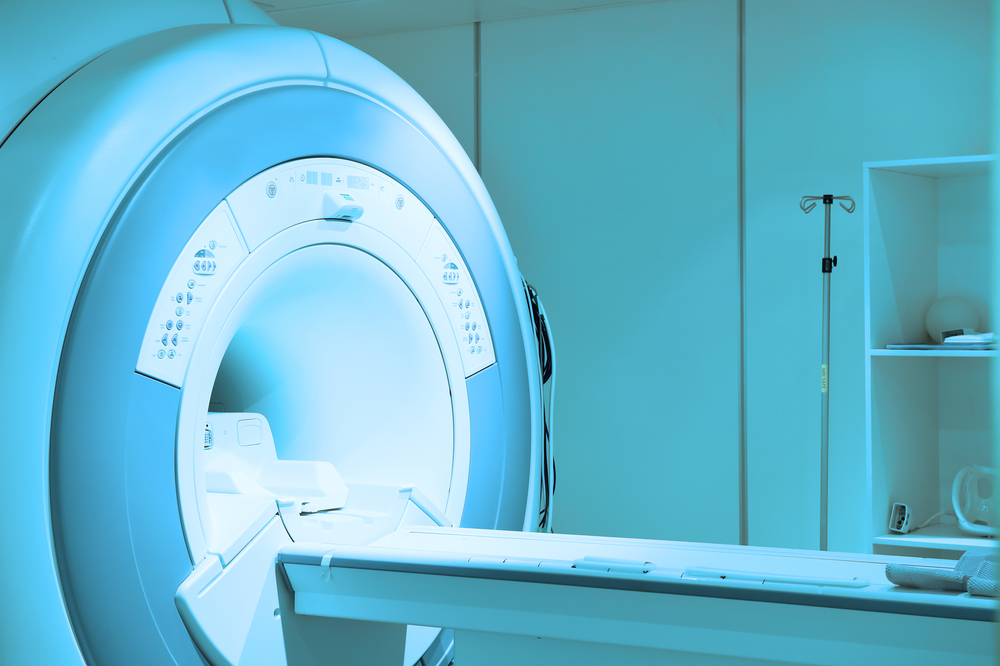MSAA Expands Financial Aid Fund for MRI Scans to Meet Growing Demand
Written by |

The Multiple Sclerosis Association of America (MSAA) announced that it will expand its MRI Access Fund to help meet the growing demand for magnetic resonance imaging (MRI) tests within the multiple sclerosis (MS) community.
The fund is designed to help cover the costs of brain and spinal MRI scans for patients with no medical insurance or with out-of-pocket expenses (co-pays) beyond their ability to pay. To qualify, the exam must be required by a physician to either diagnose MS or evaluate disease progression.
Qualified individuals can undergo two MRI (brain and spine) scans per application, or be at least partly reimbursed for previous scans.
Under the reimbursement option, patients must apply to the MRI Access Fund, provide the required documentation, and meet eligibility requirements. Funding caps on reimbursement exist, and payments are made directly to the billing facility upon approval, a press release notes.
Patients eligible for this service, according to the association’s Access Fund webpage, must:
- a confirmed diagnosis of multiple sclerosis or suspicion of MS from by a qualified healthcare professional
- not have received MSAA financial assistance for an MRI within the past 24 months
- comply with program requirements, such as scheduling an MRI appointment when directed, going to the MSAA-referred imaging center, submitting bills in a timely manner, etc.
- supply proof of meeting MSAA income-eligibility guidelines for this benefit.
Applications are available on the fund’s MSAA page, or by calling (800) 532-7667, ext. 120.
MRI scans are the preferred imaging tool used to diagnose MS as well as to track disease progression, due to its sensitivity and non-invasive approach.
MRI uses a strong magnetic field and radio waves (which are not radiation) to measure the relative water content in tissues, helping to identify normal or abnormal tissues. The difference in water molecule response to radio waves helps determine healthy and demyelinated nerve fibers, this way helping in diagnosing and tracking MS.
Detailed images provided reveal nerve damage, and a contrast material may be injected in the patients’ veins to highlight lesions.
There are different types of MRI scans, such as the T1-weighted scan — a technique that uses an injected contrast material (gadolinium) to highlight newer, active areas of inflammation; the T2-weighted scan — the most common scan, used to diagnose MS and to detect areas of myelin damage in the brain and spinal cord; and the spinal cord imaging scan — a technique that identifies damage in the spinal cord, helping to establish a diagnosis of MS.
Most doctors now recommend follow-up MRIs every year for MS patients.


